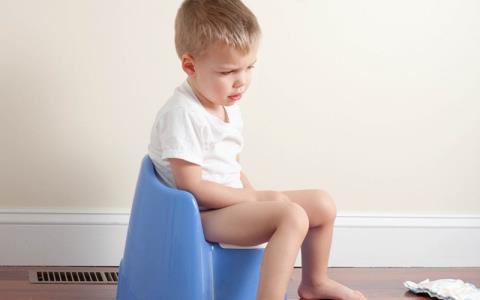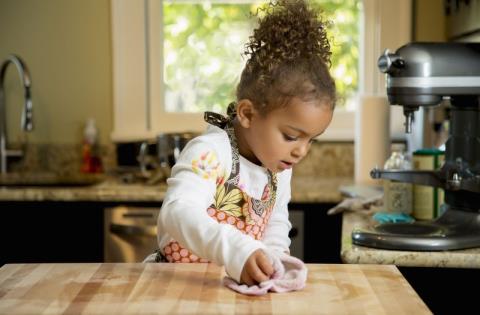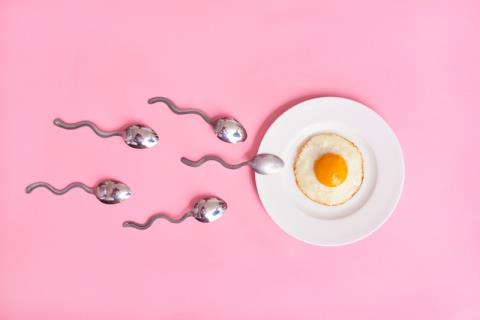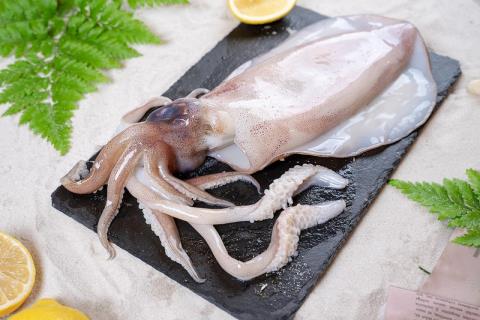Things you need to know when cutting babys nails
Nail clipping for babies seems simple, but not every mother knows how to do it right. See now how to cut nails for babies and take note.
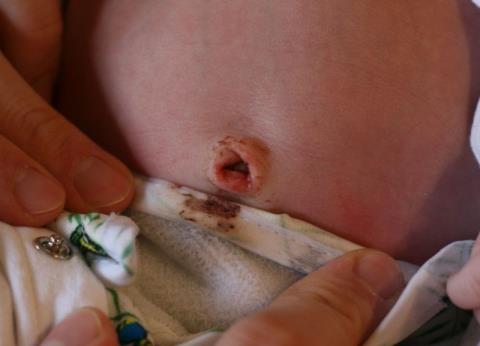
Bleeding from the umbilical cord of a newborn is usually not a cause for concern. Therefore, when the baby has bleeding in the umbilicus, parents need to calmly find a way to stop the bleeding and clean the baby's umbilical cord properly.
The umbilical cord is responsible for providing nutrients and oxygen to the fetus while in the womb. When a newborn is born, the baby no longer needs the umbilical cord to provide nutrients. So the doctors will cut the umbilical cord. After that, the umbilical cord will slowly dry out and fall off. However, there are many cases where the baby's umbilical cord is bleeding, which makes parents extremely worried.
Why do newborn umbilical cords bleed?
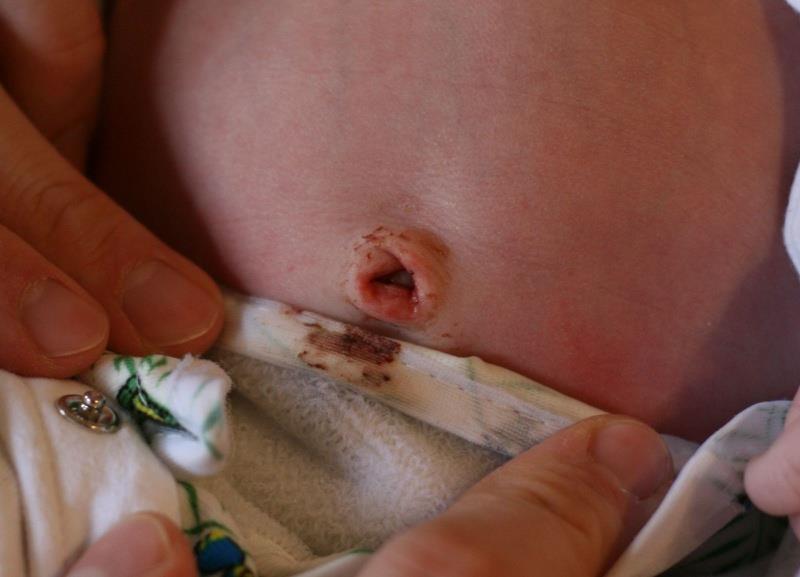 The cause of newborn umbilical cord bleeding is usually because the umbilical cord of the newborn is peeling and bleeding
The cause of newborn umbilical cord bleeding is usually because the umbilical cord of the newborn is peeling and bleeding
Newborn umbilical cord bleeding is a fairly common phenomenon, especially during the baby's umbilical cord loss or 1 week after the umbilical cord falls off. The cause of bleeding in the umbilical cord of a newborn is usually because the umbilical cord is peeling and oozing blood. In addition to blood, during umbilical cord shedding, the umbilical cord may also secrete a little yellow or green fluid, resembling pus.
If the umbilical cord is bleeding but hasn't fallen off, it could be due to:
Newborn umbilical cord bleeding is okay?
Newborn umbilical cord bleeding is usually not serious. Parents only need to hold the navel with a clean gauze to stop the bleeding. After that, parents need to take care of it properly, after a few days the navel will heal on its own.
Newborn umbilical cord bleeding is not usually serious
However, if the child encounters one of the following cases, parents need to quickly take the child to see a doctor for timely treatment:
How to care for a newborn baby's umbilical cord bleeding
When the baby's umbilical cord is bleeding, parents need to calmly observe whether there is a bad smell or unusual discharge. If the child only has light bleeding, the treatment is very simple. Parents just need to stop the bleeding and properly clean the baby as follows:
Keep the diaper under the navel to prevent bacteria in urine and feces from entering the open wound and causing infection
In addition, in order to prevent the baby's umbilical cord from bleeding, parents also need to pay attention in the process of cleaning the baby's umbilical cord . While the navel heals after falling, parents also need to avoid picking up the plaque on the navel. In particular, do not arbitrarily use folk remedies that are transmitted that can help the baby's navel heal quickly.
Hopefully through this article, parents know how to handle when the baby's umbilical cord is bleeding. When children encounter this condition, parents need to calm down and observe if there are any unusual symptoms. If not, parents can take care of their child's wound carefully at home.
Nail clipping for babies seems simple, but not every mother knows how to do it right. See now how to cut nails for babies and take note.
Laughing cow cheese is a product that contains many nutrients that are extremely good for children. However, parents need to know about when children can eat and how to eat cheese correctly so that the product can work at its best.
In addition to breast milk, the use of external milk has become the solution for the development of children in the period from 0 to 6 months old. Watch now!
Teaching children to be independent is a noble quality, an invaluable "asset" that parents can leave their children. In addition, teaching your child to be independent is a way that you can give your child a "fishing rod" so that he or she can be free to be creative and do the things he loves. From there, I can be brave, strong and confident to walk on my own path in the future.
Many mothers have the same question whether breastfeeding can be dewormed? Moreover, there are also many mothers with signs of stomach worm pain when they have not yet weaned their babies. That raises a lot of concern for mothers because they are worried that the drug will affect their baby.
Bleeding from the umbilical cord of a newborn is usually not a cause for concern. Therefore, when the baby has bleeding in the umbilicus, parents need to calmly find a way to stop the bleeding and clean the baby's umbilical cord properly.
Cleaning the baby's ears is a necessary job, but it should not be abused as well as mastering safe hygiene, avoiding discomfort and pain for the baby.
If you and your wife are planning to have a baby and want to give birth to a boy, but don't know how to do it, follow the following article right away!
Diet for mothers after cesarean section is very important because it affects the recovery of the wound. Can moms give birth by caesarean section eat squid? How much should be eaten? SignsSymptomsList will answer in detail so that moms know how to eat squid after caesarean section properly.
